Digital marketing has become a cornerstone of success for small businesses. With the continuous evolution of technology and consumer behavior, businesses must adapt and refine their marketing strategies to stay ahead in 2024. This article explores the top digital marketing strategies small businesses can leverage to thrive in the competitive landscape.
Embrace Social Media Marketing
Social media platforms are a goldmine for small businesses, offering a cost-effective way to reach a targeted audience. Platforms like Facebook, Instagram, LinkedIn, and TikTok provide tools for creating highly engaging content that resonates with specific demographics.
Tips for Effective Social Media Marketing
- Identify the platforms most frequented by your target audience.
- Post consistently and interact with followers to build relationships.
- Utilize paid advertising options for greater reach and engagement.
- Use analytics to track performance and refine your strategies.
Why It Matters: Social media helps small businesses build brand awareness, foster customer loyalty, and drive conversions.
Also Read
Leverage Content Marketing
Content is king, and in 2024, its reign continues. Blogs, videos, infographics, and eBooks are powerful tools for educating your audience, building trust, and establishing your business as an industry authority.
Steps to Master Content Marketing
- Conduct keyword research to find topics your audience is searching for.
- Focus on quality over quantity; create content that adds real value.
- Optimize your content for SEO to ensure it ranks well on search engines.
- Promote content through social media and email marketing.
Why It Matters: High-quality content attracts and retains customers, driving organic traffic to your website.
Invest in Search Engine Optimization (SEO)
SEO is crucial for small businesses aiming to enhance their online visibility. Ranking higher on search engine results pages (SERPs) can significantly boost website traffic and brand credibility.
Key SEO Practices for 2024
- Optimize for mobile users, as mobile-first indexing remains a priority.
- Focus on local SEO by claiming your Google Business Profile and encouraging reviews.
- Use long-tail keywords to target specific user intent.
- Improve site speed and navigation to enhance user experience.
Why It Matters: SEO drives organic traffic, reducing dependency on paid ads and offering long-term benefits.
Utilize Email Marketing
Email marketing remains one of the most cost-effective digital marketing strategies. It allows businesses to communicate directly with their audience and nurture leads.
Best Practices for Email Marketing
- Personalize your emails with recipient names and tailored content.
- Use compelling subject lines to improve open rates.
- Include clear calls-to-action (CTAs) that guide recipients toward desired actions.
- Segment your email list based on user behavior and preferences.
Why It Matters: Email marketing fosters relationships, boosts customer retention, and drives repeat business.
Harness the Power of Video Marketing
Video content continues to dominate consumer preferences. Whether it’s a product demonstration, tutorial, or behind-the-scenes footage, videos can captivate and engage audiences like no other medium.
Creating Impactful Video Content
- Keep videos short and engaging to cater to users with limited attention spans.
- Optimize videos for mobile viewing.
- Add captions and transcriptions to make content accessible to all.
- Leverage platforms like YouTube, Instagram Reels, and TikTok for distribution.
Why It Matters: Videos boost engagement rates and enhance storytelling, making it easier for businesses to connect with audiences emotionally.
Adopt Pay-Per-Click (PPC) Advertising
For small businesses looking for quick results, PPC advertising offers an excellent solution. Platforms like Google Ads and Facebook Ads allow businesses to target specific demographics with precision.
Tips for Successful PPC Campaigns
- Define clear goals and allocate a realistic budget.
- Use A/B testing to optimize ad performance.
- Focus on high-converting keywords and compelling ad copy.
- Monitor and adjust campaigns regularly to maximize ROI.
Why It Matters: PPC advertising drives immediate traffic and can generate leads while complementing organic efforts.
Focus on Local Marketing
Local marketing helps small businesses reach nearby customers who are more likely to convert. By focusing on local SEO and hyperlocal advertising, businesses can dominate their local markets.
How to Excel in Local Marketing
- Optimize your Google Business Profile with accurate information.
- Encourage satisfied customers to leave reviews online.
- Use location-specific keywords in your website and ad campaigns.
- Collaborate with other local businesses for cross-promotional opportunities.
Why It Matters: Local marketing helps small businesses compete effectively with larger brands in their vicinity.
Embrace Influencer Marketing
Collaborating with influencers allows small businesses to tap into established audiences. Micro-influencers, in particular, offer an affordable way to reach highly engaged followers.
Steps to Start Influencer Marketing
- Identify influencers whose audience aligns with your target market.
- Build authentic relationships and collaborate on content creation.
- Track campaign performance to assess ROI.
Why It Matters: Influencers can amplify brand reach, boost credibility, and drive conversions.
Optimize for Voice Search
Voice search is becoming increasingly popular, thanks to the widespread use of smart devices and virtual assistants.
Tips for Voice Search Optimization
- Focus on natural language and conversational keywords.
- Provide concise answers to common queries.
- Ensure your website is mobile-friendly and loads quickly.
Why It Matters: Optimizing for voice search can improve visibility and capture a growing segment of search traffic.
Track and Measure Performance
The ability to track and measure marketing efforts is critical for success. Analytics tools like Google Analytics, HubSpot, and SEMrush provide valuable insights into campaign performance.
What to Measure
- Website traffic and conversion rates.
- Social media engagement metrics.
- Email open rates and click-through rates.
- ROI from paid campaigns.
Why It Matters: Data-driven decision-making ensures that marketing efforts are aligned with business goals.
Digital marketing offers an array of opportunities for small businesses to compete and grow in 2024. By leveraging strategies like social media marketing, content creation, SEO, email marketing, and video marketing, small businesses can enhance their online presence and connect with their target audience effectively. Remember, success lies in consistency, creativity, and a willingness to adapt to changing trends.

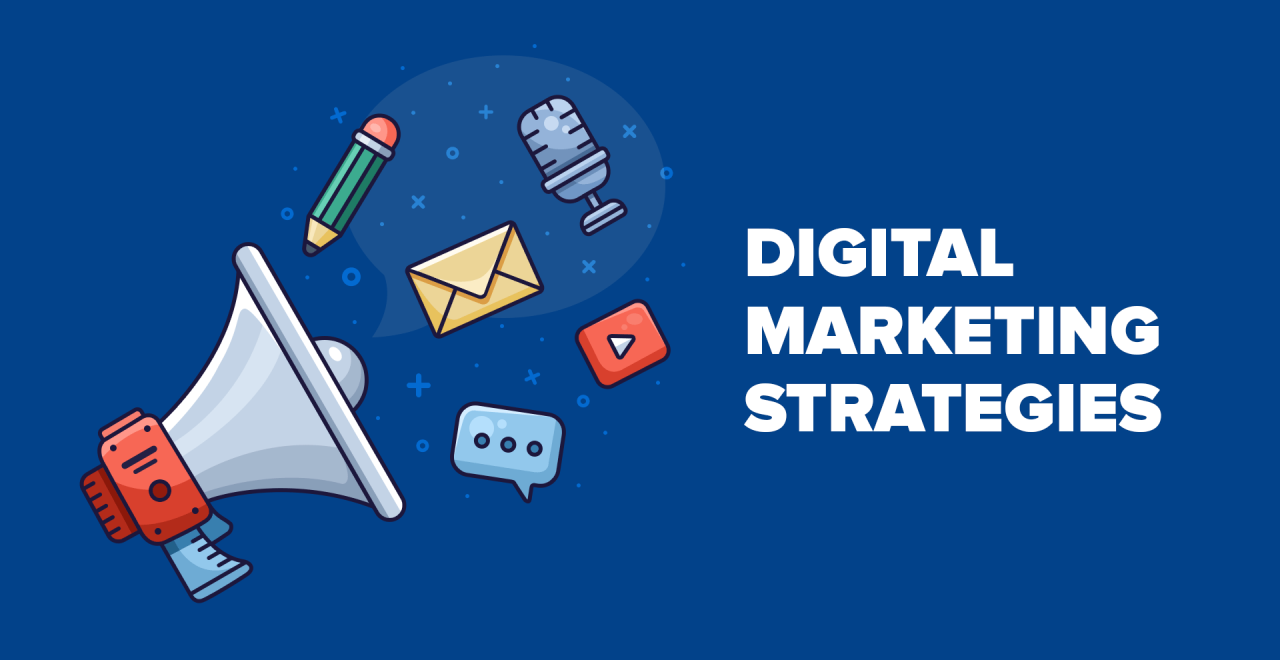
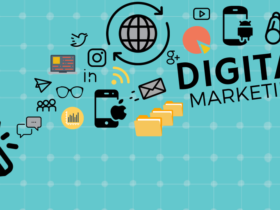


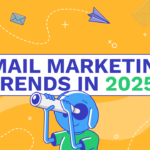



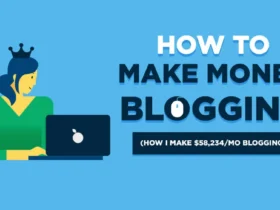




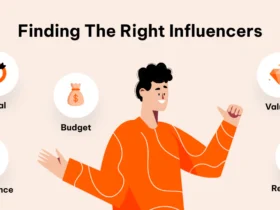
Leave a Reply